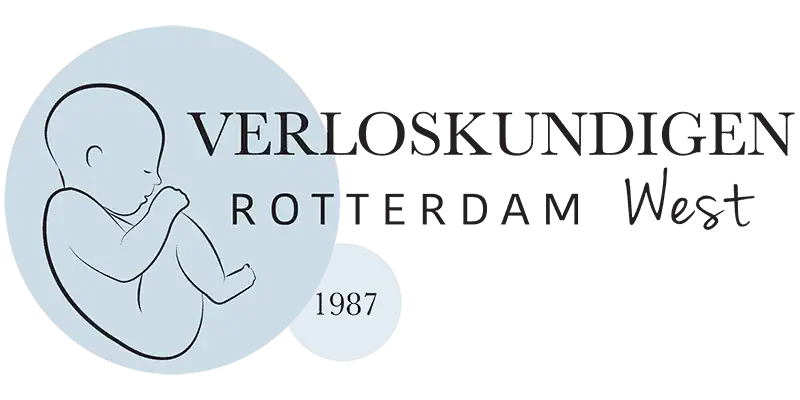In the first week after birth our midwives will visit you several times. When your baby is more than 72 h old, we do the heel prick screening test.
If your baby remain in the hospital, the heelprick will be done in hospital.
Why?
The blood will be tested for a number of rare inherited diseases. These diseases can be treated by medicines or by a diet, for instance. Tracing these diseases early means that treatment can be started quickly and this can help to prevent any serious harm to your baby’s development. This is why it is important that your baby has the heel prick screening test. More information about the diseases: https://www.pns.nl/heel-prick/clinical-picture
It is important to let the heel prick be taken.
The heel prick is free.
The heel prick is voluntary.
If you do not want your baby to have a heel prick, please tell us.
To make the heel prick less uncomfortable for your baby, warm the baby’s feet beforehand in warm water, in bed with a warm jug or with your warm hands. Blood will then drip more easily from the heel, and the baby will experience less pain.
Results of the heel prick
The results of the heel prick test
If the result is good you will get a letter from RIVM within five weeks.
If an abnormality is detected, your general practitioner (GP) will contact you about
follow-up tests in the hospital as soon as possible.
Sometimes not enough blood is taken for the laboratory to be able do the test
properly. The screener will have then have to repeat the heel prick test. If the results
of this heel prick test are good, you will get a letter from RIVM within five weeks after
the extra test. If an abnormality is detected, your GP will contact you as soon as
possible.
Sometimes the result for a disease is not immediately clear. Then the screener will do
the heel prick test again. The RIVM will contact you about this separately. The results
of this extra heel prick test are known within two weeks. If no abnormalities are
detected, you will get a letter about this from RIVM within two weeks. If an
abnormality is detected, your GP will contact you as soon as possible.
What happens to the heel prick test card?
The heel prick test card, with your baby’s blood on it, stays in the lab for 5 years.
They keep it to learn more about diseases that affect babies.
This is anonymous. The card does not have your name and address or your baby’s name on it.
If you do not want them to keep the card for 5 year, please tell the care provider.
The card will stay in the lab for 1 year so it can be checked.
The card will be thrown away after 1 year.
More information: https://www.pns.nl/prenatal-and-newborn-screening/heel-prick

